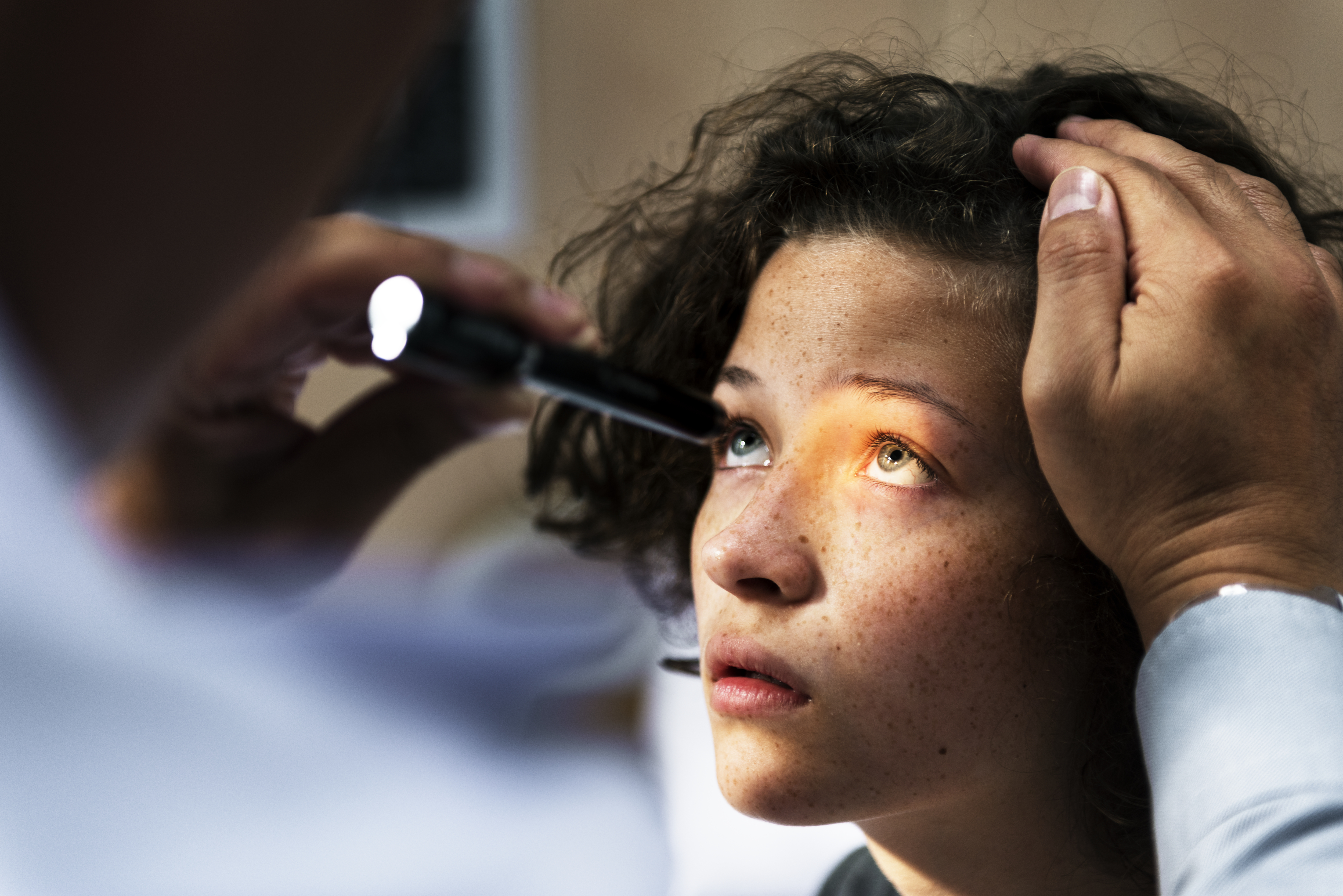A New Technique For Quantifying Bevacizumab In Eye Formulations
23 Feb 2020

Bevacizumab is a cancer drug that is also used ‘off-label’ to treat eye diseases. Researchers develop a rapid, sensitive and cost-effective new method for its routine analysis in ocular formulations.
Bevacizumab (Avastin®) is a monoclonal antibody that is approved for treating several types of cancer. By targeting the activity of vascular endothelial growth factor-A (VEGF-A) and blocking the growth of tumour blood vessels, this effectively cuts off the supply of oxygen and nutrients that fuel the tumour.
But ophthalmologists also use bevacizumab to treat chronic eye diseases caused by abnormal blood vessel growth in the retina at the back of the eye. These include the ‘wet’ type of age-related macular degeneration (AMD), which is a leading cause of blindness in older people. By injecting the antibody directly into the patient’s eyes, the aim is to block the growth of blood vessels and slow down sight loss.
Although bevacizumab is not formally approved as an eye treatment, many consider it as an equally effective, yet cheaper alternative to a similar antibody called ranibizumab (Lucentis®) – which also targets VEGF-A and has been approved for this purpose.
Challenges Around Drug Delivery and Quality Control
A patient will need repeated doses of bevacizumab around every four to six weeks to maintain the drug at therapeutic levels in their eyes. But these injections are invasive and bring risks of potential complications. So scientists are aiming to develop sustained release systems – such as eye implants – that can enable longer-lasting delivery.
Another challenge is that biotherapeutic antibodies are not very stable – for example, they can aggregate, unfold or degrade, which can impact on their effectiveness. And so it is important that processes are in place that can facilitate the quality control of bevacizumab in eye formulations.
A Faster, Simpler and Cheaper Method
In a new study, researchers develop a new analytical method for use in in vitro studies of new eye implant delivery systems and in the routine quantification of bevacizumab in ophthalmic formulations.1 The scientists used size-exclusion chromatography (SEC) coupled with fluorescence detection. This is a powerful tool used for the preparation of biotherapeutics and represents a feasible alternative for other assays currently available for quantifying bevacizumab, which are both costly and time-consuming.
The researchers optimised their unique new chromatographic technique and then validated it for bevacizumab analysis, demonstrating that it is accurate, rapid and sensitive. The researchers made up the stock and standard solutions required for these experiments using an ELGA PURELAB® Flex laboratory water purification system.
This is the first study that couples SEC with fluorescence detector for the assay of bevacizumab. The results demonstrate that this method is cost-effective and suitable for the routine analysis of bevacizumab in pharmaceutical dosage forms – and for measuring its levels in in vitro release studies of drug-loaded eye implants.
Why choose ELGA LabWater?
ELGA LabWater has been a trusted name in pure and ultrapure water since 1937. Our dedication to ultrapure and pure water is a guarantee that we will continue to provide the best solutions with the best service.
Reference:
- Jirgees, F. et al. A validated size exclusion chromatography method coupled with fluorescence detection for rapid quantification of bevacizumab in ophthalmic formulations. Journal of Pharmaceutical and Biomedical Analysis 2019; 174: 145-150.
Dr Alison Halliday
After completing an undergraduate degree in Biochemistry & Genetics at Sheffield University, Alison was awarded a PhD in Human Molecular Genetics at the University of Newcastle. She carried out five years as a Senior Postdoctoral Research Fellow at UCL, investigating the genes involved in childhood obesity syndrome. Moving into science communications, she spent ten years at Cancer Research UK engaging the public about the charity’s work. She now specialises in writing about research across the life sciences, medicine and health.
